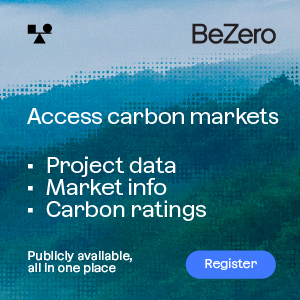The UNFCCC this week cancelled 780,000 CERs from two South Korean CDM projects owned by Hu-Chems Fine Chemical Corp. that will be exchanged with offsets eligible for use in the Korea ETS.
The cancellations were the first of their kind from the UN registry, although the New Zealand registry has cancelled around 1.1 million CERs over the past two months that will go to the Korean market, most of them owned by trading firm Korea Carbon.
Further cancellations are expected to follow as Korean project-owners seek to take advantage of their opportunity to cancel CERs generated after April 2010 and replace them with Korean offsets that can be offered to the supply-starved domestic market.
“CERs cancellation in exchange for Korean Offset Credits (KOC) to be issued by Korean Offset Program (KOP) to Hu-Chems Fine Chemical Corp.. CERs are cancelled for the benefit of Hu-Chems Fine Chemical Corp,” the UNFCCC website noted as the purpose of the cancellations.
Two Korean trading firms, including Korea Carbon, told Carbon Pulse earlier this month they were seeking to move their CERs over to the Korean market. Both own stakes in the CERs earned by Hu-Chems’ CDM projects.
Industry claims the government has issued far too few permits for the first phase of the emissions trading scheme, which started on Jan. 1, and three industry groups have filed lawsuits against the Ministry of Environment hoping to be awarded more free permits.
No KAU trades have gone through on the Korea Exchange since Jan. 16 amid a complete lack of supply.
The government is expected to issue the first KOCs based on cancelled CERs in late March or early April. The ETS allows emitters to use offsets to meet up to 10% of their obligation under the scheme.
By Stian Reklev – stian@carbon-pulse.com



